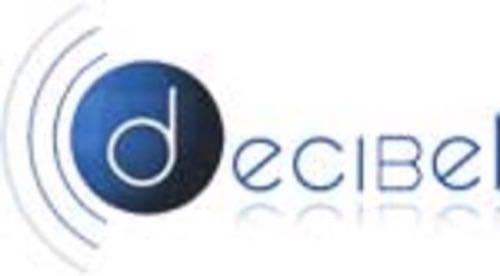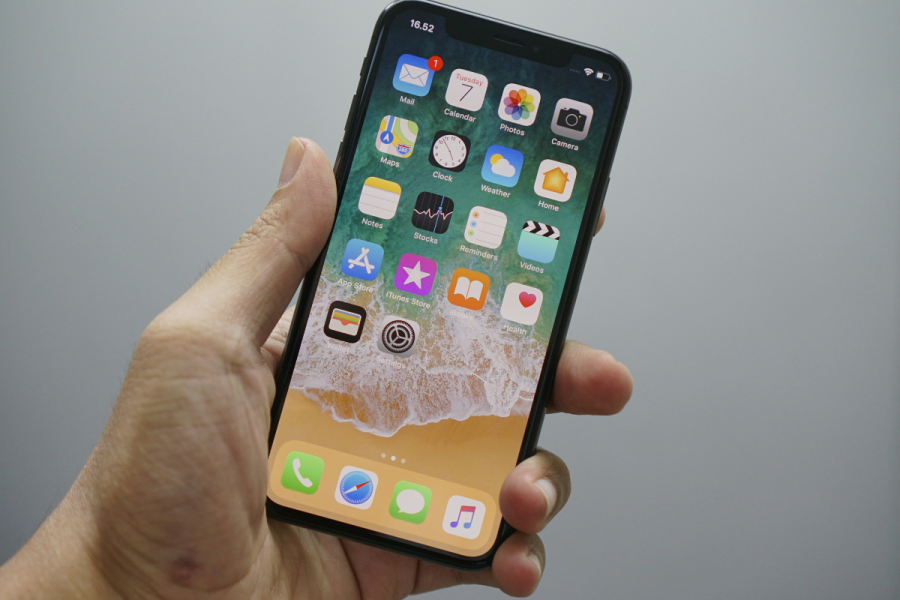The music industry has long been interested in big data, most notably for tracking sales to identify the “Top of the Charts” recording artists. But when it comes to data about the music itself, the industry has no set standard, so labels, retailers, hardware, and online streaming services all annotate music data in different ways.

UK startup Decibel hopes to rectify this, normalizing metadata across the industry and creating a massive semantic, cloud-based relational database of music.
Trained as an ethnomusicologist, Decibel founder Evan Stein has combined his love of music – and love of the archival process – with his technological expertise in intelligence-gathering and database-construction. Stein’s idea for Decibel stemmed in part from his interest in jazz music, a genre where the typical tagging system might list the name of one of the artists, such as Dizzy Gillespie, but might not include other key performers on the track, such as Charlie Parker.
Decibel addresses this, boasting over 150 fields of metadata attached to a single music track, giving not just the usual song title, album cover art, artist name, and track length, but includes data about session singers, track genre, and production assistants. That’s ten times as many fields of data as most music databases currently house.
Decibel CEO Gregory Kris argues that the company’s technology can improve the music industry’s business intelligence, by helping it manage and deliver data. Decibel is developing a scalable API so that even small companies could access the information.
Kris believes there’s an appetite for far more music data than is currently being tracked or reported. And while some music data services offer recommendations based on users’ social networks and genre preferences, Decibel provides a far more sophisticated “music discovery” service, by relating tracks “three dimensionally,” not just by artist or genre.
The company is still in beta, having emerged from stealth earlier this year after several years developing the technology. Decibel has contracts in the works with several major companies, according to Kris, but it still seeking additional funding. Its competitors include Gracenote and MusicBrainz.






